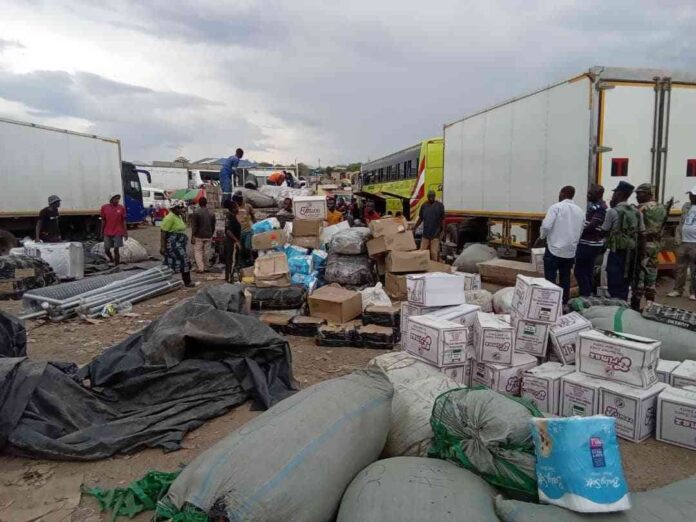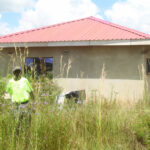The Zimbabwe Revenue Authority (Zimra), backed by a significant police presence, launched a major operation on Monday at Dulibadzimu Bus Terminus in Beitbridge, seizing millions of dollars worth of goods suspected to be smuggled.
The operation, which involved dozens of armed uniformed and plain-clothes police officers, left hundreds of shoppers, mostly women who rely on buying and selling for their livelihoods, devastated.
The scene unfolded with a dramatic intensity. A truck made numerous trips between a state warehouse and the terminus, ferrying the confiscated goods. Hundreds of people, including travellers, bus crews, and local residents, watched helplessly as Zimra officials, assisted by hired casual labourers, systematically cleared the terminus of the suspected contraband. Some buses were even ordered to border posts to declare their goods.
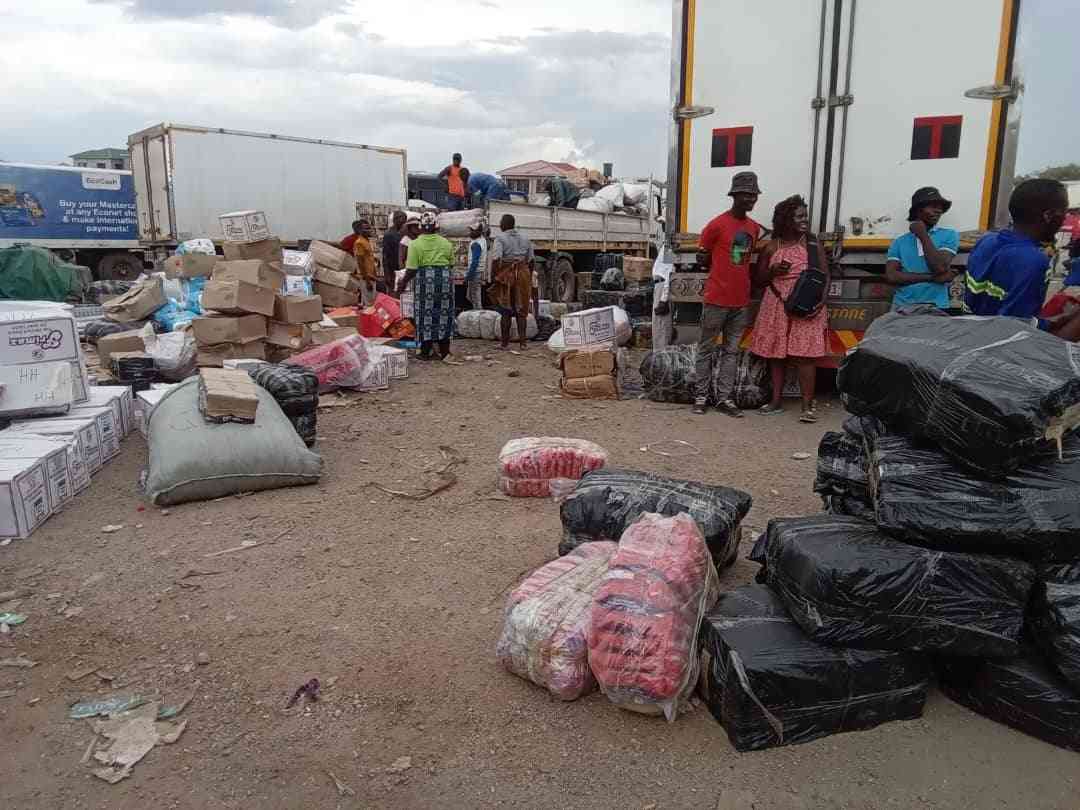
One woman, whose bales of clothing were confiscated, described the devastating impact: “They have taken all my savings, all I have worked for this year. We have no jobs, we strive to send children to school, we have been hit hard.”
An unnamed official in plain clothes was overheard instructing those whose goods had been seized to pay duty before reclaiming them. The widespread nature of the smuggling reflects the high duties and taxes levied on goods entering the country, forcing many Zimbabweans to resort to illegal imports to make a living.
The operation took a chaotic turn when some passengers attempted to retrieve their goods from a Zimra truck. “All hell broke loose,” as passengers scrambled to grab their belongings, leading to a frantic chase as police officers pursued those fleeing with the seized goods. Only one person was apprehended.
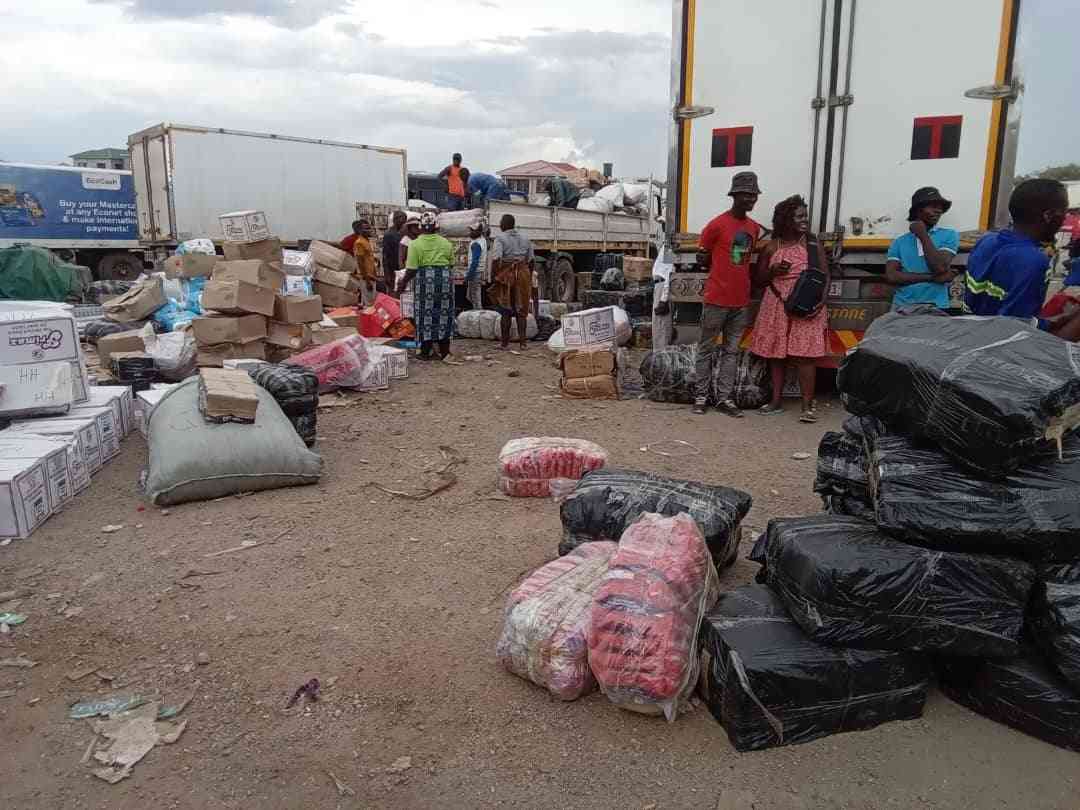
The arrival of reinforcements from the Zimbabwe Republic Police Support Unit restored order, their presence deterring further attempts at retrieval. Under police guard, Zimra proceeded to load the confiscated goods. By sunset, the bus terminus resembled a military encampment, with a heavy police presence and dejected travellers scattered throughout.
This dramatic raid is part of a wider, intensified anti-smuggling campaign launched across Zimbabwe. The campaign, announced earlier this month, involves a coordinated effort between the police, Zimra, the Immigration Department, the Consumer Protection Commission, and other relevant ministries. The government’s zero-tolerance approach includes a commitment to denying bail to those caught smuggling.
Muguti explained: “The roadblocks are part of the post-clearance audit process to ensure compliance with customs regulations. Travellers will be required to present proof of their customs declaration at roadblocks mounted by the authorities. Retailers and other shops are not spared as they will also be required to provide proof of import papers as they are going to be searched. Security personnel are going to be deployed to effectively implement the programme.”
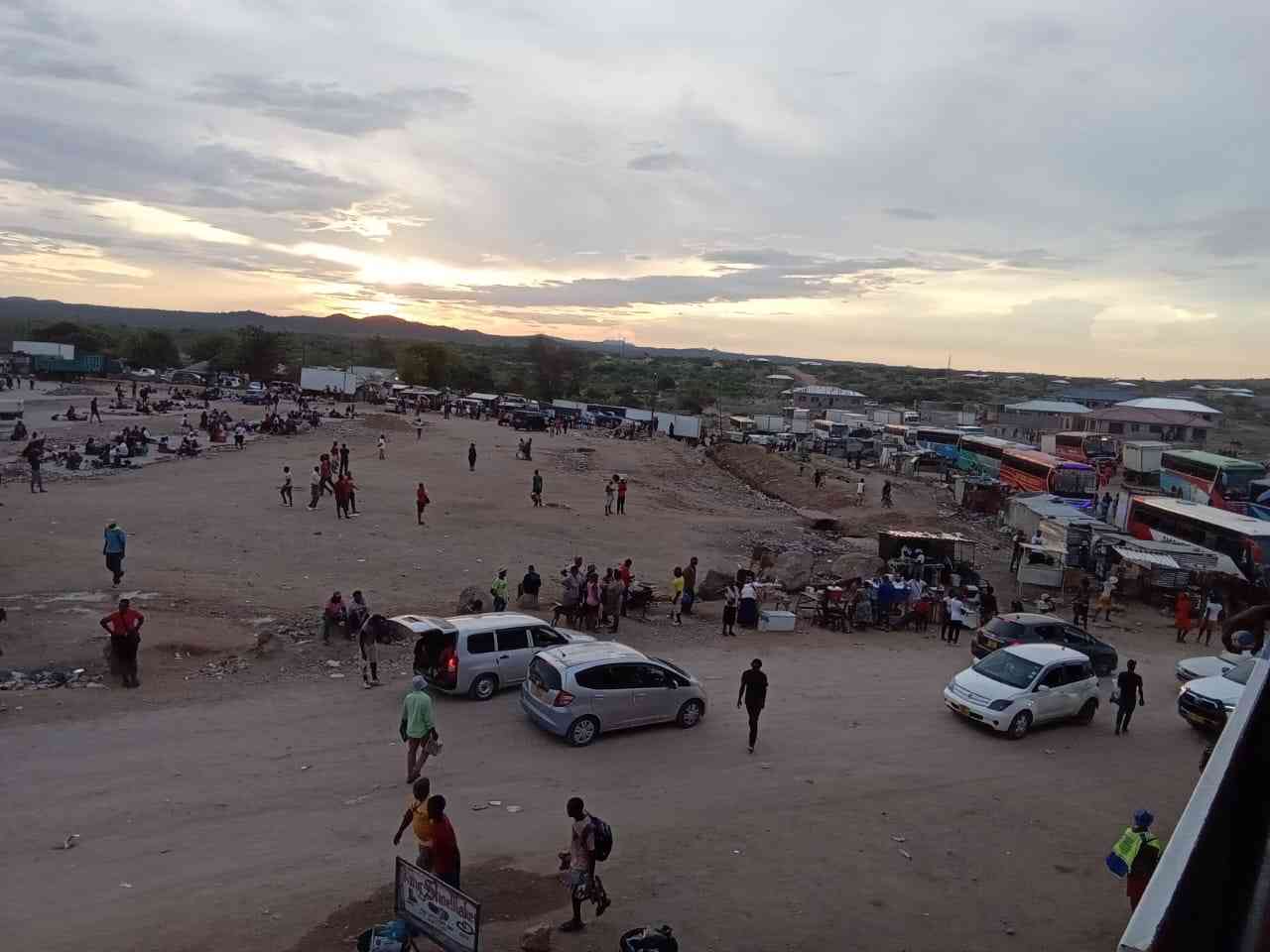
The government has also established a clear process for handling confiscated goods. Muguti detailed the procedures: “All smuggled secondhand clothes will be confiscated and destroyed at the nearest police station, while foodstuffs will be donated to charity. Drugs are to be destroyed at the Health ministry district and provincial hospital incinerators, while Zimra will confiscate smuggled vehicles.”
The scale of the smuggling problem is substantial. Muguti highlighted the significant economic losses: “The country is flooded by counterfeit and smuggled goods, primarily from neighbouring Zambia, South Africa and Mozambique. Available statistics indicate that the country is losing at least US$1 billion in potential revenue due to smuggling.”
The impact extends beyond financial losses, affecting legitimate businesses and national security. Muguti stressed: “Not only does it undermine our economy, it threatens our security and endangers our health.” The closure of businesses like Choppies, citing unfair competition from smuggled goods, illustrates the devastating consequences.
The goods targeted in this intensified campaign encompass a wide range of products. These include:
- Alcoholic and non-alcoholic beverages
- Cement
- Clothing and footwear
- Dairy products and diapers
- Electrical appliances, cables and accessories
- Ploughs and parts thereof
- Processed meat
- Rice and pasta
- Sugar
- Tyres and motor spare parts
- Washing powder and detergents
“Sellers of these products will be required to provide documentary evidence that customs duty has been properly accounted for,” Muguti stated.


